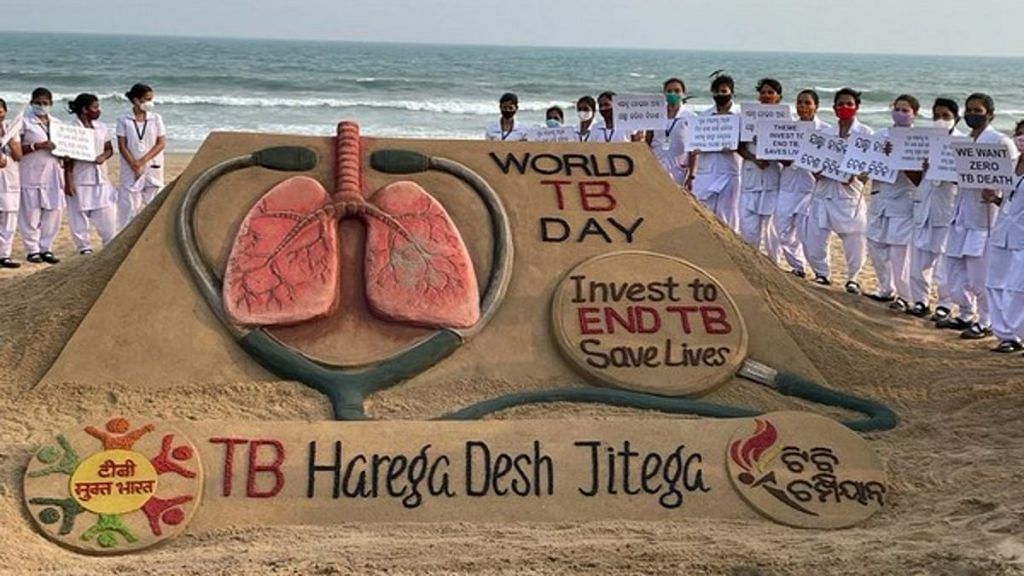New Delhi: A feasibility study by the Indian Council of Medical Research (ICMR), conducted in Himachal Pradesh’s Chamba district, has shown how drones can be used for the transportation of sputum samples, thus reducing the time taken to diagnose drug-resistant tuberculosis.
In a paper published in the journal Transactions of the Royal Society of Tropical Medicine and Hygiene last week, ICMR researchers reported that sputum transportation by unmanned aerial vehicles (UAVs) is feasible, cheaper and an efficacious potential alternative to conventional modes of transportation.
“Of the planned 180 transfers, we could complete 151 transfers by both UAV and motorbike. The distance covered by a motorbike and a UAV between the two designated locations was 12.09 and 2.89 km, respectively. The total median duration for transferring sputum samples was 21.9 and 6.9 min by motorbike and UAV, respectively. The recurrent cost per trip for a motorbike and a UAV was INR 85 (US$1.3) and INR 20 (US$0.3), respectively,” the ICMR researchers reported in the paper.
Drug-resistant TB occurs when the bacteria develop resistance to drugs that are commonly used to treat the disease. The most common cause of this is when patients do not complete the full course of treatment, and stop midway, giving the bacteria exposure to the drug, but not enough to kill it.
India has the world’s highest burden of multi-drug resistant TB (MDR-TB), with a quarter of all cases of drug-resistant tubercular infection being reported from the country.
“Nearly half of the world’s MDR-TB patients are from three countries, namely, India (27 per cent), China (14 per cent), and Russia (9 per cent). The Indian survey of TB drug resistance in 2016 reports a lower incidence of MDR in treated (11.6 per cent vs 18 per cent) and new cases (2.84 per cent vs. 3.4 per cent), in comparison with the global WHO 2019 report,” a 2020 paper published in the journal Nature had said.
‘Drone transportation does not affect specimen quality’
The researchers also wrote that transportation by UAVs will not affect the quality of specimens and results, the researchers reported.
Last year, the ICMR also used drones to transport Covid vaccines to remote areas of Manipur.
For the Chamba project, each UAV transported four sputum samples per flight in a package made of polyethylene foam attached to the UAV. Each UAV was battery-powered and operated by trained investigators.
The researchers recommended suitable changes in government policy to allow transportation of biological samples using drones.
“Despite their benefits, UAVs have a few limitations, such as a limited capacity for the number of samples transported, and adverse weather conditions can affect their flight,” they wrote. “We concluded that UAVs were well-accepted, perceived to be practical and adopted by the public health system for transporting sputum samples. UAVs significantly reduced the cost and duration of transportation of sputum samples.”
The researchers added: “We suggest that governments modify their policies related to civilian use of UAVs, which will bridge service delivery gaps in the healthcare system. We recommend future research to design and conduct well-structured interventional studies to document the effects of UAVs in improving operational and health-related outcomes.”
(Edited by Poulomi Banerjee)
Also read: Covid left big gap in TB reporting, Modi govt looks to fill it with special door-to-door drive
